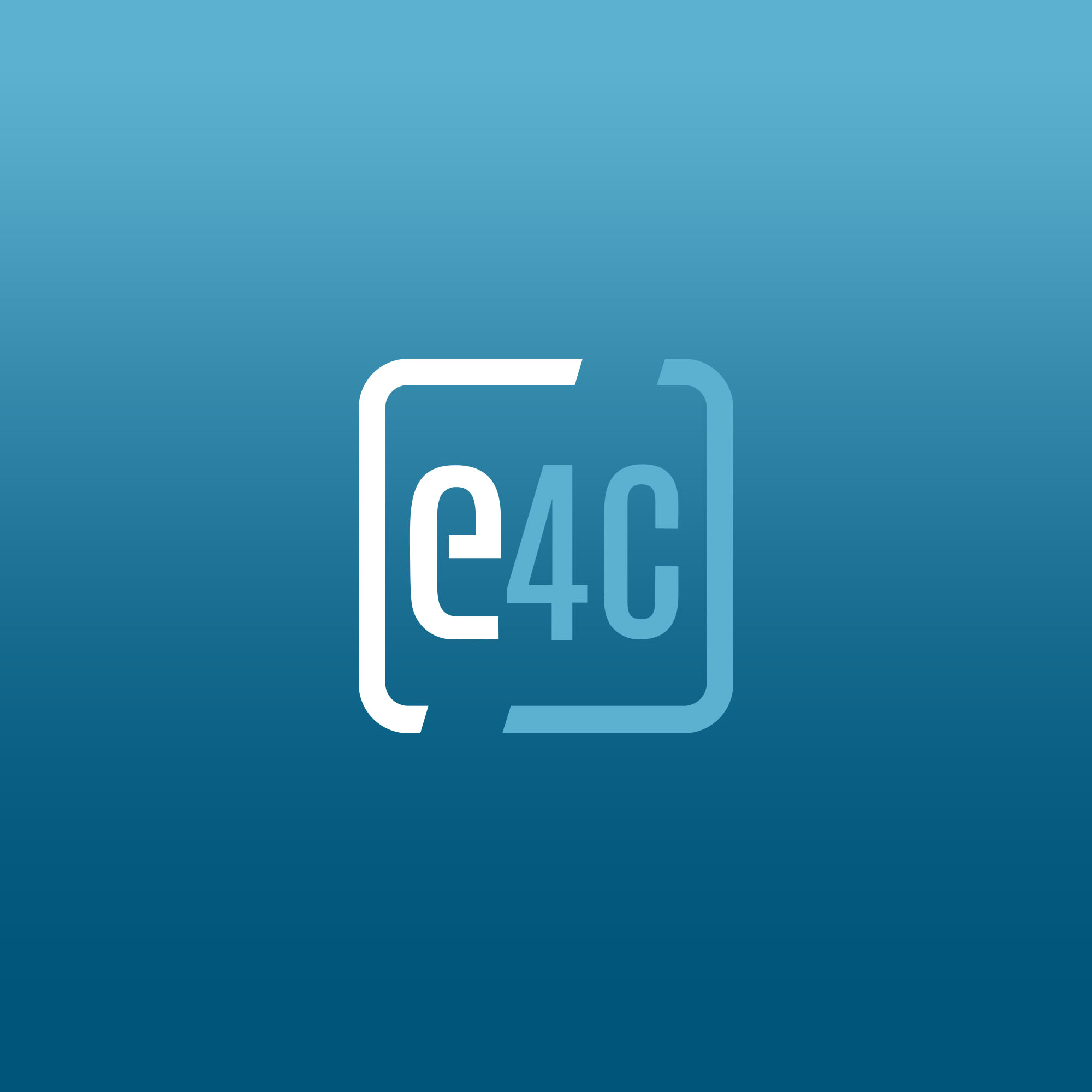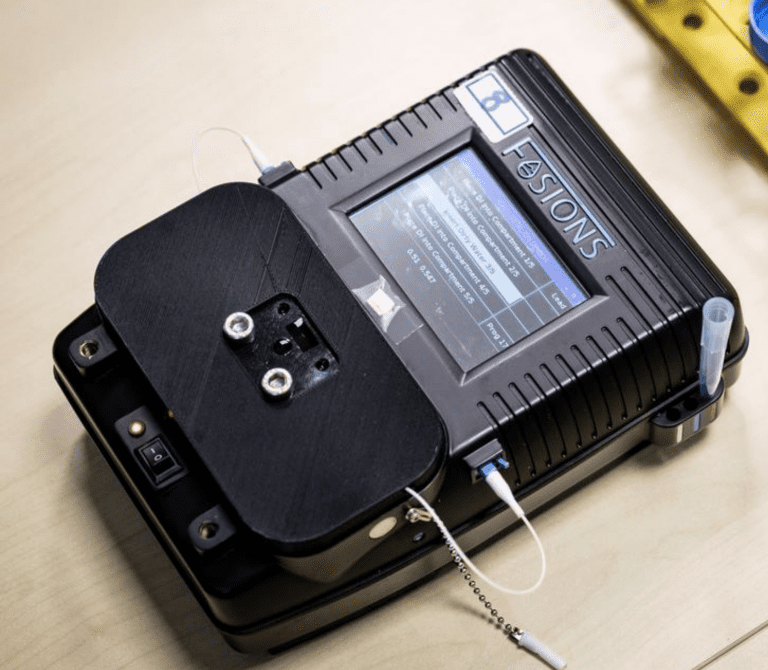More than 200 teams presented their research into Internet and communications technologies for developing countries at the ICT for Development conference in Singapore in May. Full agendas and links to abstracts are available at the official site. But here we present just the highlights according to Gabriel Krieshok, a technology expert at the US Peace Corps. You can use this roundup as a launch pad for investigating some of the most interesting work in ICTD. Plenty of links are included for a deeper dive into each topic.
Day 1
Early in the morning, I was able to see a fantastic presentation and demo from Berkeley’s Kurtis Heimerl and Talal Ahmad on community cellular networks. They demo’d the ability to set-up DIY mobile phone base stations where in many rural areas of the world there is no existing connectivity option. [Editor’s note: Please see Heimerl’s E4C Webinar, Building and Running Community Cellular Networks with OpenBTS.] Kurtis recently founded Endaga to market these open-hardware and open-source kits.
The icing on the cake for the day (for me, anyway) was the book release of Kentaro Toyama‘s forthcoming Geek Heresy: Rescuing Social Change from the Cult of Technology.
Day 2
The morning saw presentations clustered around education: the effectiveness of MOOCs (Massive, Open, Online, Courses), data predictions around academic performance, and using the framework of a Principal Agent model to explain design challenges for Tongue Reading in Kenya.
We got to see some pretty amazing demos from a lot of the practitioners at the conference. Highlights for me included an eDetection App for TB detection, mLabour from Dimagi, Farmerline — a voice messaging platform, MyRide Kenya (communication within bush taxis), Tiflolibros — A digital library for the blind, a Farmery-Query system, and and an unofficial demo of Graspeo — a peer-to-peer knowledge base for low-connectivity teams.
The afternoon saw presentations on disability, accessibility, and infrastructure. It started with a great presentation from Rashidujjaman Rifat on fixing and knowledge collaboration of phone repair (I am biased — the principal author, Steven Jackson, was my advisor back in Michigan and I co-authored an early paper with him on this subject!), gender and accessibility in Rwanda, empowerment issues in technology of Sierra Leone, and a discussion around power consumption for cellphone towers.
Finally, the last session on Day 2 saw presentations clustered around agriculture and small business development. The first was a critical look at the digital divide with respect to mobile phone use by farmers in Malawi, then a look at Kenyan and Zambia farmer attitudes towards mobile phones, a look at mobile value-add services for women entrepreneurs in Indonesia, and finally an analytical report-out of e-Business adoption in Nigeria.
Day 3
Highlights for me included an argument for more long-term approaches to design in ICTD, the persistence of paper and it’s continued value (a really excellent discussion and topic), community-led video education for mobile health (a scaling of Digital Green to health outcomes), and an analysis of policy and identity through Twitter in three African countries.
Day 4
All in all — it was a really great conference, and my synopses here don’t do justice to the level of engagement, passion, and connections that were exposed among those working in Information and Communication Technologies and Development. It is sometimes difficult to put researchers and practitioners into the same space and have them find common ground for ongoing efforts and inquiry into this space, but it was made abundantly clear that these groups have much to offer one another.

